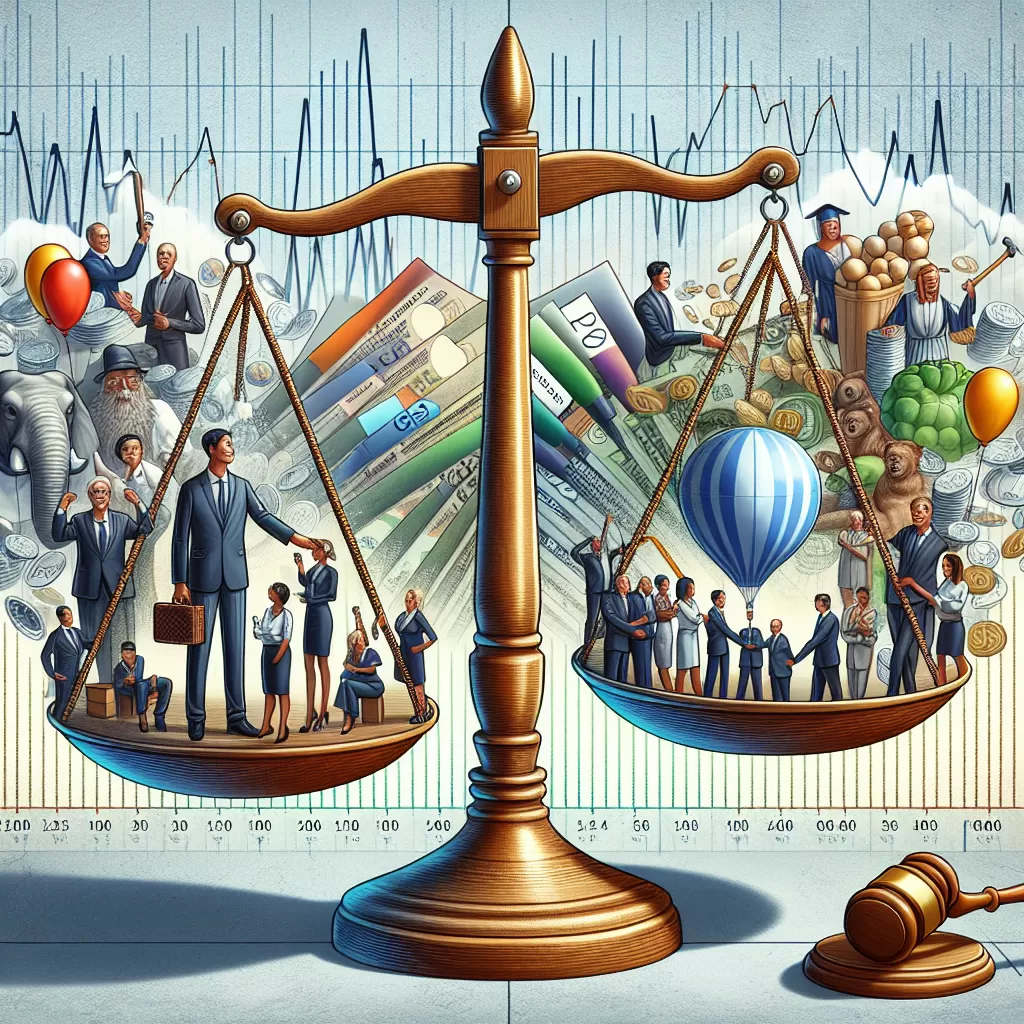What Influences Foreign Exchange Rates?
Follow Currency Mart April 10, 2024
Where to purchase Foreign Currencies?

Introduction
The dance of numbers, the swell of economies, and myriad complexities shape the world of foreign exchange—the realm where I, as the Guardian, maintain harmony. Undeniably, the fluctuations in the foreign exchange rates mirror the universal financial heartbeat, moulding the narrative of international trade, investment operations, and economics. Today, allow me to provide an introspective view into what influences these exchange rates, a subject steeped in intriguing dynamics and intricate factors.The Role of Interest Rates
Interest rates issued by central banks play a significant role in affecting exchange rates. Generally, if a country's interest rates are high, its currency often strengthens due to the allure of higher returns. Conversely, if interest rates are low, the currency may weaken as investors look elsewhere for better returns. Thus, shifts in interest rates can result in dramatic swings in foreign exchange markets.Influence of Inflation Rates
Inflation is another critical determiner of currency exchange rates. The relationship is fairly straightforward - lower inflation rates denote a rise in the value of a country's currency. Countries with lower inflation rates, such as Canada or Switzerland, see an appreciation in their currency value compared to nations with higher inflation.Political Stability and Economic Performance
Foreign investors inevitably favour stable countries with robust economies. Hence, nations boasting stable governance and solid economic performance tend to attract foreign capital investment, uplifting their exchange rates. A destabilized political climate, on the contrary, may deter investors, pressurizing the home currency.Terms of Trade Related to Balance of Payments
This metric refers to a country's balance between its export and import goods. A favorable balance of payments—more exports than imports—usually fortifies a country's currency, and vice versa. The terms of trade are a reflection of how much demand exists for a country's goods and services worldwide, impacting its exchange rates.Government Debt
Investors shy away from countries with high levels of government debt, leading to reduced foreign capital. This lack of investment impacts the country's exchange rate adversely. In some extreme cases, high debt can lead to default, further reducing the appeal of the home currency.Speculation
In the world of foreign exchange, speculation can significantly impact currency exchange rates. If traders believe a currency will rise in the future, they will demand more of it, artificially driving up its value. This trade based on predictions can cause substantial fluctuations in exchange rates.Recession
During a recession, interest rates usually dip, which can discourage foreign investors and lower the country's exchange rate. The severity of the impact often ties to how interconnected the country's economy is with global markets.Conclusion
Similar to the symphony of a grand orchestra, the composition of foreign exchange rates is multi-faceted and riveting. Understanding the symphony's notes—those being interest and inflation rates, terms of trade, political and economic stability, government debt, speculation, and the gravity of recession—can unlock the secrets behind exchange rate fluctuations. Grasping this knowledge can be a powerful tool, preventing any disharmony and discord in the melody of global finance. As your Guardian, I highly recommend delving deeper into these factors to better apprehend the rhythm of foreign exchange rates.
Where to purchase Foreign Currencies?